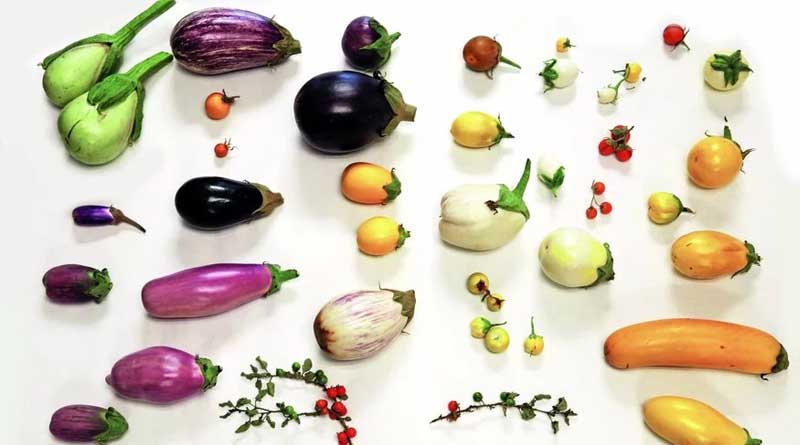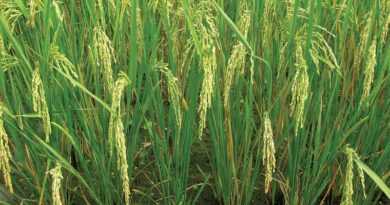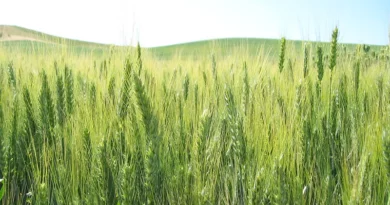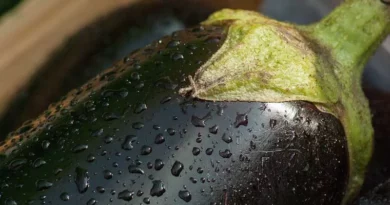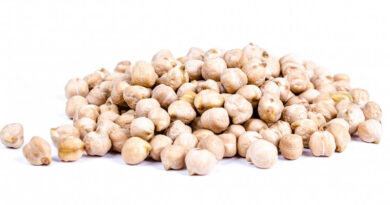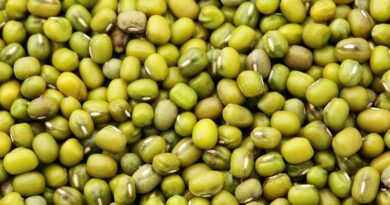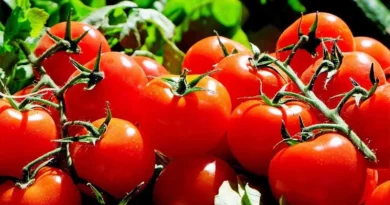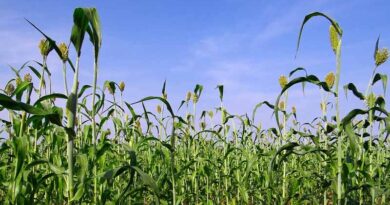Cosmos of Endangered Crops
Livestream and on-site event. Dr. Stefan Schmitz gives a lecture on agricultural biodiversity and the urgent need to preserve it.
13 March 2024, Mexico: Since humans began settling down around 12,000 years ago, they have created an unimaginable variety of cultivated plants. Potatoes from the highlands of the Andes, corn from Mexico, rice from China, barley and lentils from the fertile crescent between the eastern Mediterranean and the Mesopotamia on the Euphrates and Tigris. Starting from different regions of origin, a global network of man-made biodiversity has developed over the millennia since the last Ice Age. Today we know thousands of old varieties of wheat and other grains, but also lesser-known crops such as teff, fonio, millet and sorghum.
The more this fascinating diversity disappears from the fields and gives way to a global monoculture of fewer high-performance varieties, the more these ancient treasures must at least be preserved “ex situ”. There are seed banks and seed safes for this purpose. The wealth stored within will become increasingly important to researchers, plant breeders and farmers as our future becomes more unpredictable. All of these ancient varieties emerged directly or indirectly from wild species of cereals, legumes, root and tuber plants, oilseeds, fruits and vegetables that occur in nature. These have proven their robustness simply by the fact that they have survived, sometimes for millions of years, under the most adverse conditions, winning every battle against icy cold and scorching heat, against plant diseases and pests. We will still need this treasure trove of all the genetic traits of our cultivated plants in our fight against climate change. Their preservation is perhaps the most valuable life insurance that humanity has ever taken out.
The lecture will be livestreamed on the Deutches Museum’s YouTube channel.
Also Read: Coromandel’s Gromor Drive Crosses 16,000+ acres of Drone-led Spraying
(For Latest Agriculture News & Updates, follow Krishak Jagat on Google News)

